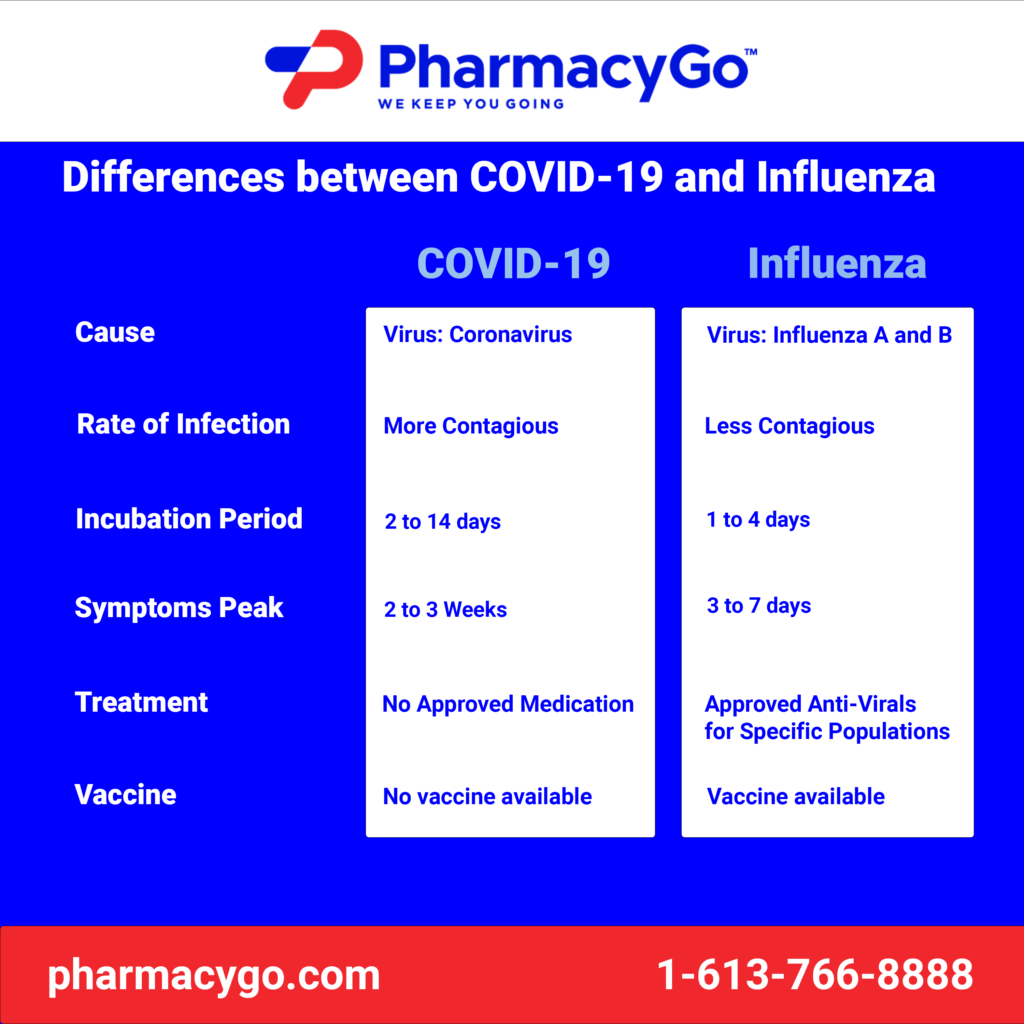Health myths can be particularly difficult to stamp out. When you’re raised with a false bit of wisdom that came from a well-meaning authority figure, it can seem like gospel.
You may have held that belief for many years, carefully followed the advice, and shared it with other people along the way. After all that, it can be hard to let go.
So try to keep an open mind as you read through this list of five common health myths.
Eating Carrots Will Improve Your Eyesight
This health myth has a grain of truth to it, as carrots are rich in beta carotene. That’s an antioxidant that your body converts into vitamin A—which is essential in maintaining your vision.
However, the chances are very high that you already get enough vitamin A in your diet. So eating more carrots won’t improve your vision.
It’s true that research has shown that beta carotene can help people with age-related macular degeneration (AMD). But that research involved high-dose beta carotene formulas, not the lower amounts you’ll get from eating carrots.
Interestingly, this myth was popularized by the British Royal Air Force during World War II. In an effort to conceal their new radar technology, the RAF started a rumour to explain how its pilots were so successful at spotting enemy planes at night. The rumour was that British pilots ate lots of carrots.
Cracking Your Knuckles Causes Arthritis
When you crack a joint, what you’re really doing is slightly pulling the joint apart, which decreases the pressure in the fluid that lubricates the joint.
This pressure change allows bubbles to form and causes them to rapidly fluctuate. It’s this fluctuation that’s responsible for that satisfying cracking sound.
So, can these bubbles cause arthritis? There’s no reason to think so. A study from 2011 tried to find if there was any link between knuckle cracking and osteoarthritis and showed there was no connection.
You Can Catch a Cold From Being Cold
At some point, someone has probably told you to dress warmly or “bundle up” before heading out in cold weather, or else you’ll catch a cold. This piece of advice has been drilled into many of us so often that it could be easy to forget that the cause for the common cold is viruses, not chilly temperatures.
It’s true that some viruses spread more easily during the winter months, but the reasons for that might not be what you expect.
A common theory is that exposure to cold temperatures may temporarily weaken your immune system, making you more susceptible to cold viruses. There is some research that supports this theory, but it is not yet conclusive.
But one way you’re more likely to catch a cold during the winter is spending more time indoors. By spending more time in close quarters with other people, you make it easier for viruses to spread.
In addition, your immune system can be weakened by lack of vitamin D due to reduced sun exposure. So getting outside in the cold might not be such a bad idea!
You Should Drink Eight Glasses of Water a Day
You’ve probably heard that you should be drinking eight glasses of water a day to stay healthy. This often-repeated tip has been the popular opinion for decades. Eight glasses of water equals about 2 litres, which matches up with the most current recommendations from health researchers.
However, this recommendation doesn’t take into account the water you already get from other sources. For instance, other drinks will help you reach your recommended water intake. And besides the water you get from drinks, about 20 percent of the average person’s water intake comes from foods.
So don’t fret if you’re not drinking eight glasses of water a day. Just drink when you’re feeling thirsty and make sure you properly hydrate if you are very active or in a hot environment.
Microwave Ovens Can Cause Cancer
Part of this myth stems from people’s misunderstanding of radiation. You may know that certain types of radiation (such as x-rays from an x-ray machine, gamma rays from a nuclear explosion, or UV radiation from the sun) can harm your DNA and increase your cancer risks.
However, the radiation used in a microwave oven is very different. Similar to radio waves, microwave radiation is so low energy that it can’t harm your DNA. Besides that, microwave ovens are designed so that the radiation can’t escape.
Some people also mistakenly believe that microwave cooking can adversely affect the food, or even make it radioactive. But once you understand how microwave ovens work you’ll see that there’s nothing to worry about.
Microwave ovens produce microwaves that cause the water molecules in food to vibrate. This vibration produces heat, which is what cooks the food. So microwave ovens do not make any changes to the food that isn’t made by any other cooking method that involves heat.











